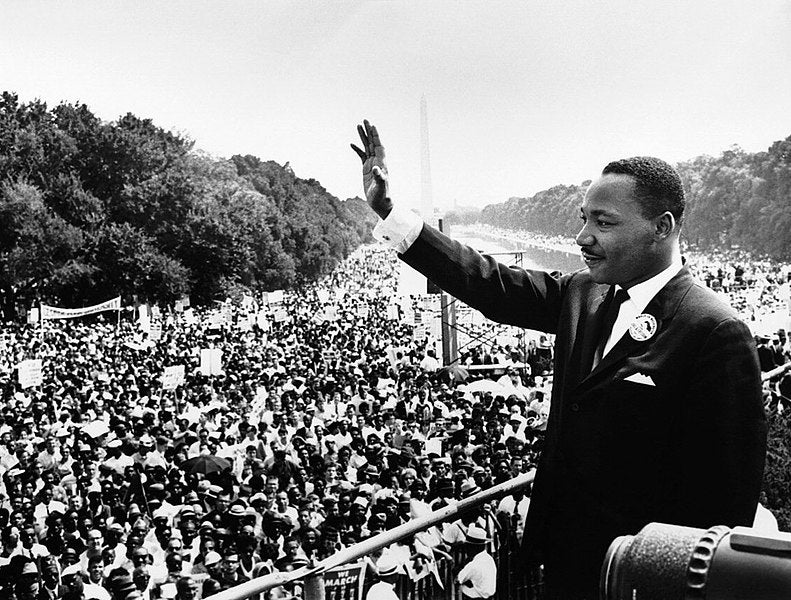Engaging in a challenging, provocative, entertaining dialogue about race isn’t an easy order, but author and critic Touré, promoting his book Who’s Afraid of Post-Blackness: What It Means to Be Black Now, tackled the task in a conversation with PBS Newshour senior correspondent Gwen Ifill at the Institute Tuesday. Touré built the notion of “post-blackness” through stories that engaged and amused his audience about the ways he argues that blackness confines black people in America.
“For as long as I’ve been black, we’ve been having this debate,” Ifill said to laughs at one point.
“We can perform or embody blackness however we want.” Post-blackness “is about liberation, in that you get to decide how blackness … interacts for you,” Touré explained. “I don’t want to erase or constrain blackness, I want to be very much in it, but then not constrained by it.”
Touré weaves his thesis through numerous venues in the talk, from President Obama and the current crop of Republican presidential contenders through the popularly-held notions of things “black people don’t do,” such as sky-diving, going to the ballet and eating sushi.
He argues that many of these constraints — “norms of blackness” — are the legacy of a time when blacks in America were confined by de facto rules and in some cases real laws that defined life for black Americans. From that time, rules about what restaurant or bar one could go to, what college one could attend or who one could marry were internalized by many people, black and white. Now, Touré says, blacks can choose to opt out of these rigid norms and move to this perspective of liberation.
Watch the full video below.

